Introduction: Why It Matters Which Coins Your Crypto Card Supports
Crypto card coins: Crypto cards make spending cryptocurrency in everyday life a lot easier. Whether you’re buying a coffee or shopping online, these cards convert your crypto into traditional currency instantly. But here’s the key question:
Which coins can you actually use with a crypto card?
Understanding crypto card coin support is essential if you want to avoid conversion issues or unexpected fees. This guide walks you through the main types of supported cryptocurrencies and how crypto card systems manage them.
Category 1: Popular Coins Commonly Supported by Crypto Cards

Most crypto cards focus on well-established, high-volume cryptocurrencies. These are widely supported because they’re reliable and trusted in the market.
Commonly supported coins include:
- Bitcoin (BTC) – The first and most recognized cryptocurrency.
- Ethereum (ETH) – Known for its smart contracts and decentralized apps.
- Litecoin (LTC) – Offers fast transaction speeds and low fees.
- Bitcoin Cash (BCH) – A spin-off of Bitcoin with an emphasis on quicker payments.
Cards from major providers like Crypto.com, Binance, and Coinbase typically include these by default.
Category 2: Altcoins—Diverse but Not Always Spendable
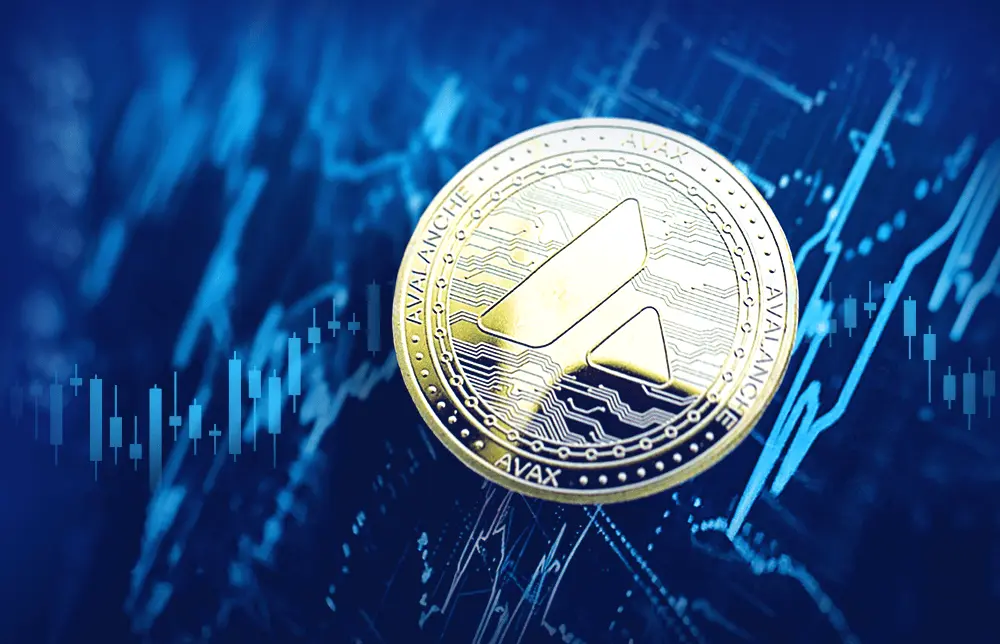
Altcoins are alternative cryptocurrencies beyond Bitcoin. Some crypto cards, especially those connected to exchanges, support a broad range of them.
Examples of supported altcoins include:
- Cardano (ADA)
- Solana (SOL)
- Polkadot (DOT)
- Avalanche (AVAX)
- Polygon (MATIC)
Important to know: Not every card lets you spend these altcoins directly. Some only allow you to hold them in your wallet, while others auto-convert them to local currency when you make a purchase.
Tip: Always check if your card supports spending your specific altcoin—not just storing it.
Category 3: Stablecoins—Consistent Value, Preferred by Many
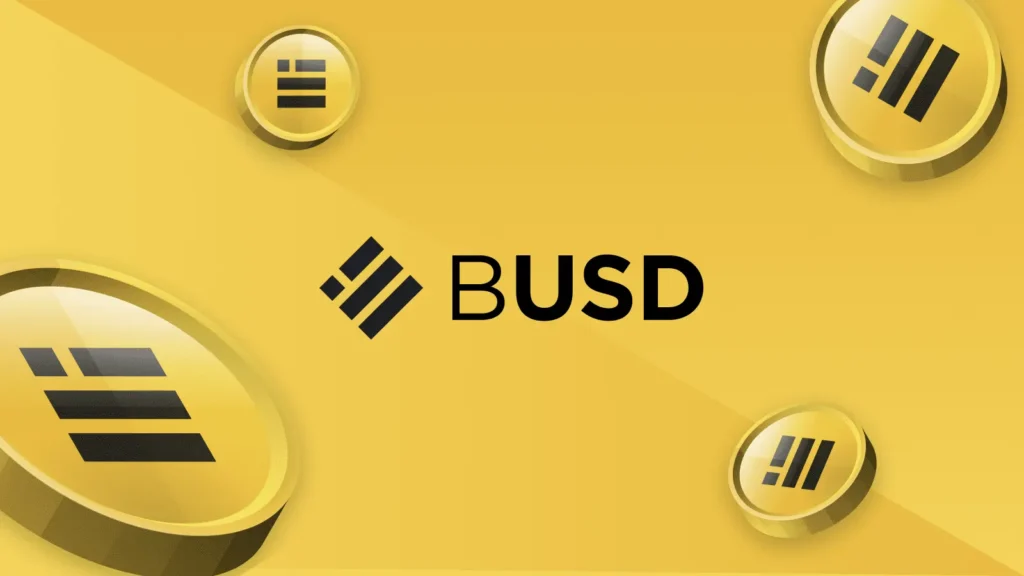
Stablecoins are digital currencies tied to the value of a traditional asset, like the U.S. dollar. They’re ideal for everyday spending because their prices don’t fluctuate wildly.
Common stablecoins supported by crypto cards:
- USD Coin (USDC)
- Tether (USDT)
- Binance USD (BUSD)
Some card providers even recommend topping up your card with stablecoins to avoid price swings and reduce risk. They also tend to have lower conversion fees.
Category 4: Niche Tokens and DeFi Coins—Supported Selectively

Decentralized Finance (DeFi) and niche tokens have grown in popularity, but not all crypto cards are ready to support them. However, some cards do allow access to:
- Uniswap (UNI)
- Chainlink (LINK)
- Aave (AAVE)
- Dogecoin (DOGE)
- Shiba Inu (SHIB)
These coins may not be as widely supported, and spending them may depend on the provider’s policies, technical integration, and regional regulations.
Card Provider Comparison: Who Supports What?
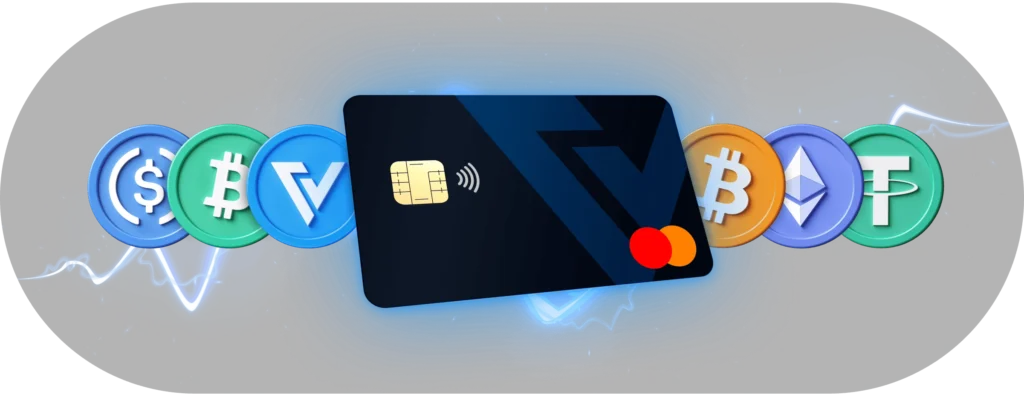
| Crypto Card | BTC/ETH | Altcoins | Stablecoins |
|---|---|---|---|
| Crypto.com | Yes | Many | USDC, USDT |
| Binance Card | Yes | Extensive | BUSD |
| Coinbase Card | Yes | Limited | USDC |
| BitPay Card | Yes | Moderate | USDC, USDT |
Fees and Conversions: What You Should Know
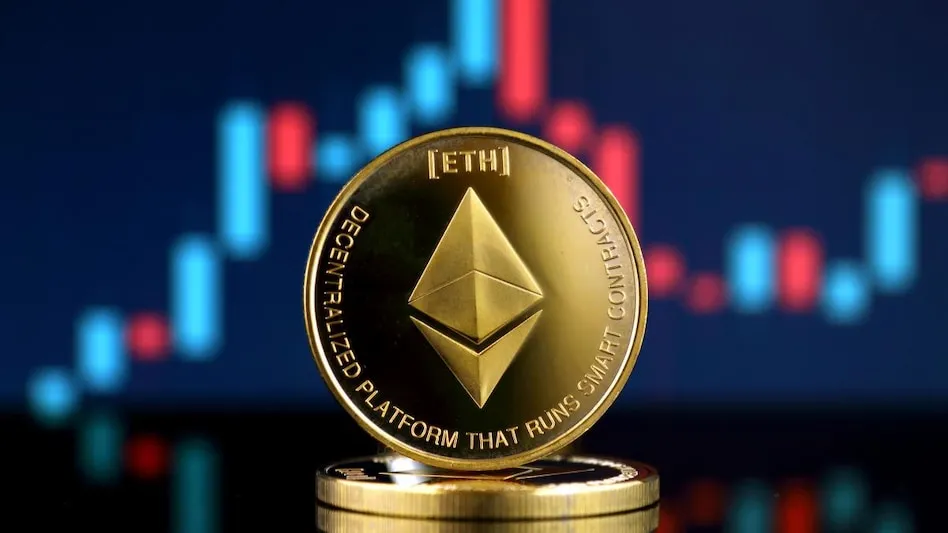
Crypto card providers convert your crypto into fiat at the point of sale. However, this process may come with:
- Conversion fees – Applied when crypto is exchanged to fiat.
- Blockchain transaction fees – Such as Ethereum gas fees when loading your card.
- Platform fees – Some cards charge for card issuance, withdrawals, or top-ups.
Reading your provider’s fee schedule before using your card can help avoid surprises.
Conclusion: How to Choose the Right Crypto Card for Your Needs
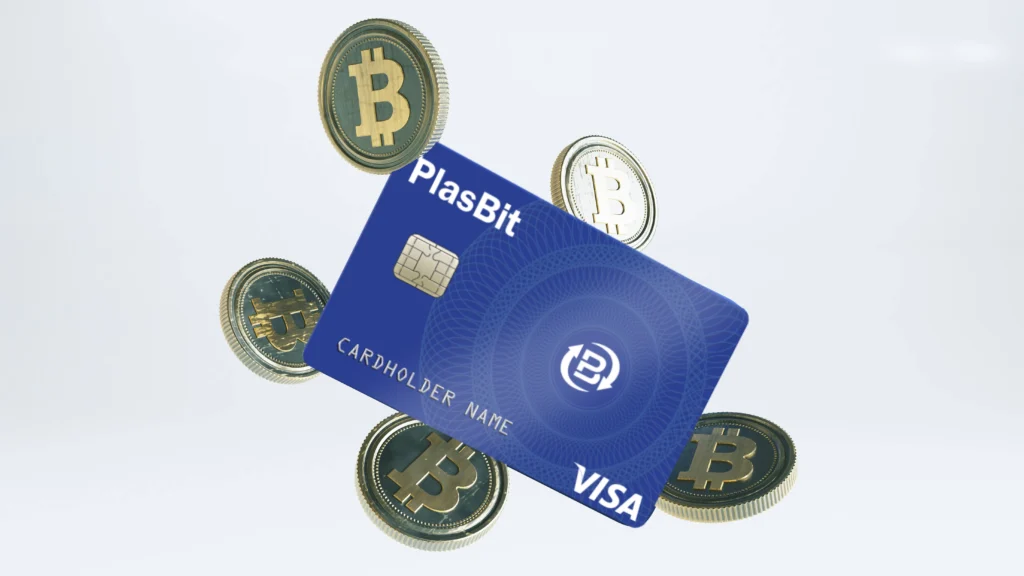
To make the most of your crypto card, consider:
- Which coins you already hold
- How often you plan to spend crypto vs. hold it
- The types of tokens the card supports
- Conversion fees and regional restrictions
If you mainly use BTC and ETH, nearly any crypto card will suit your needs. But if you prefer altcoins, stablecoins, or DeFi tokens, a more specialized provider like Crypto.com or Binance may be better.
Ultimately, understanding which crypto card coins are supported—and how they’re processed—helps you use your digital assets wisely, securely, and confidently in the real world.
Relevent news: Here



